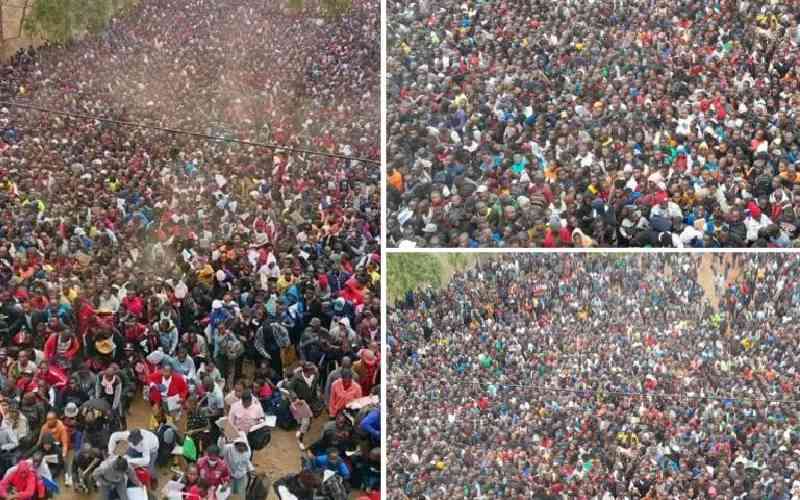×
The Standard e-Paper
Smart Minds Choose Us

When the people have nothing to eat, they eat the ruling class. I have written about this before, but let me restate this self-fulfilling fact, on account of the pulsating sense of frustration among Kenyan youth.
The hopelessness and desperation is real. The recent feverish rush in the Worldcoin saga, and the dizzying scramble for a place in the military, speak to this. The centre is cracking and crumbling.